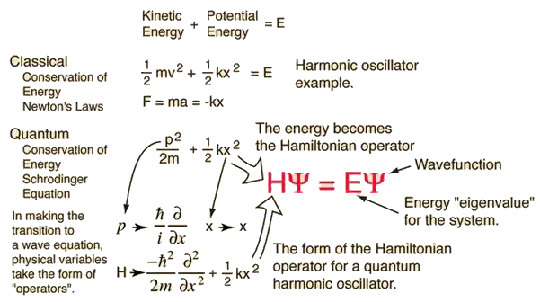From what I understand, the Schrödinger equation describes how the wave function of a quantum system evolves in space over a given time (I am referring to a relativistic version of the Schrödinger equation). My understanding is that the equation essentially describes the evolution of the probability of a quantum measurement as a classical system. So does this mean that the probabilities determined by the Schrödinger equation depend on the reference frame of the observer (i.e. do time dilation and length contraction affect the probabilities given by the equation)?
EDIT: What I'm ultimately wondering is if the probabilities calculated from the wave function whose evolution is described by the Schrödinger equation depend on the reference frame of the observer (i.e. if two identical systems measured by (1) someone at rest relative to the system and (2) someone in motion relative to the system, are the measurement probabilities different? Does it even make sense so say a measurement is made by someone in motion relative to the system?)
